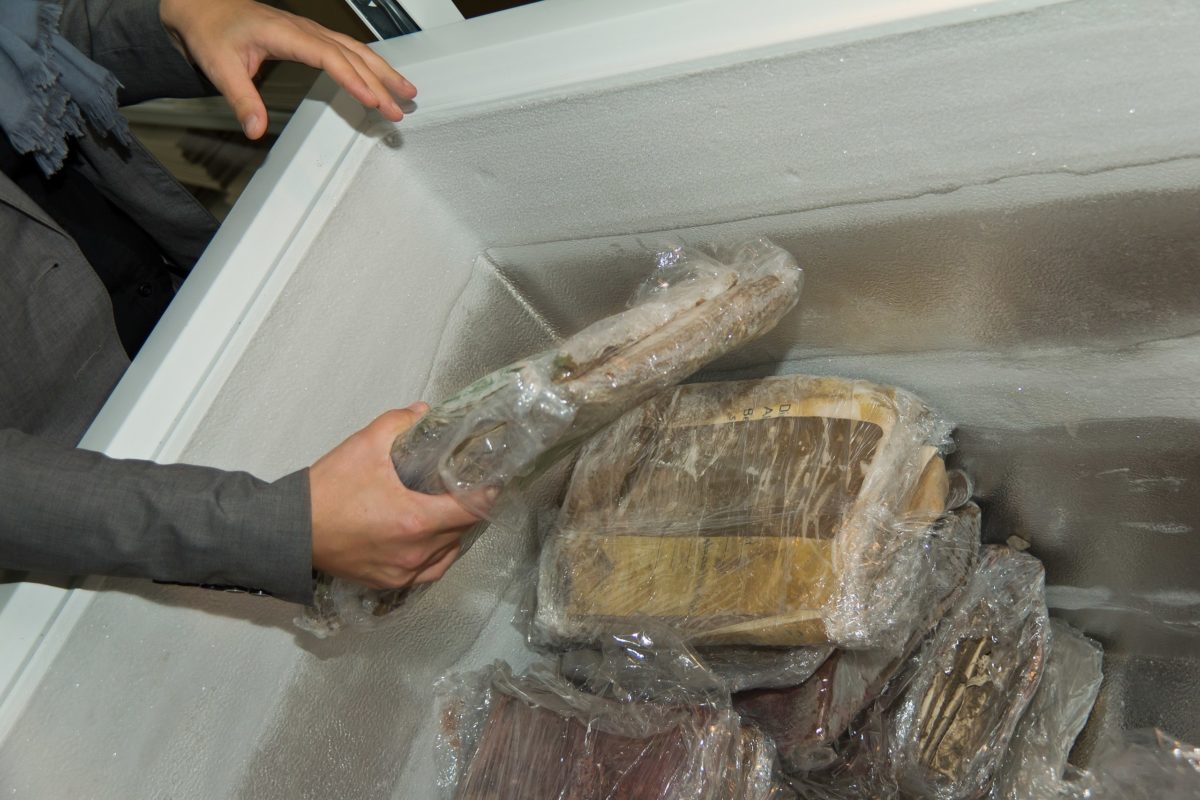I whine a fair bit about the legal profession. Occasionally someone asks me what I would have done differently if I could go back and start over. Of course, the trite answer is “be an optometrist.” (Some neat things about being an optometrist: (i) you get to wear a white coat; (ii) the hours are fairly regular; (iii) you rarely have to worry about getting sued for prescribing the wrong lenses; and (iv) according to Dr. Google, your average salary will be higher than the average salary of a lawyer.)









